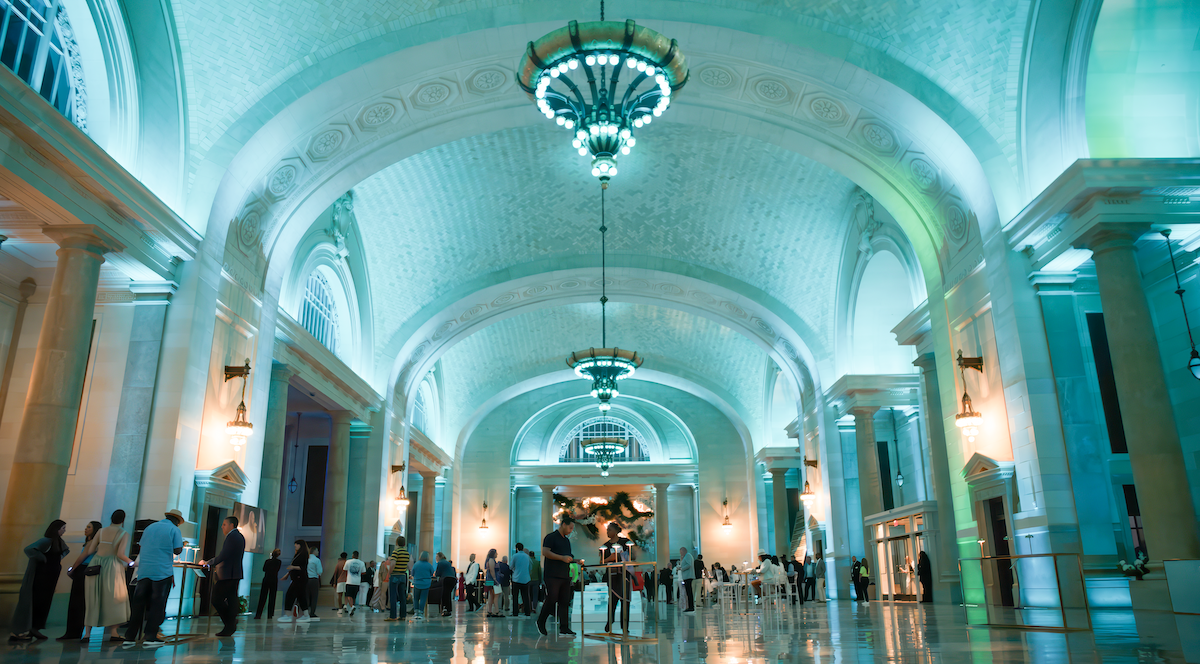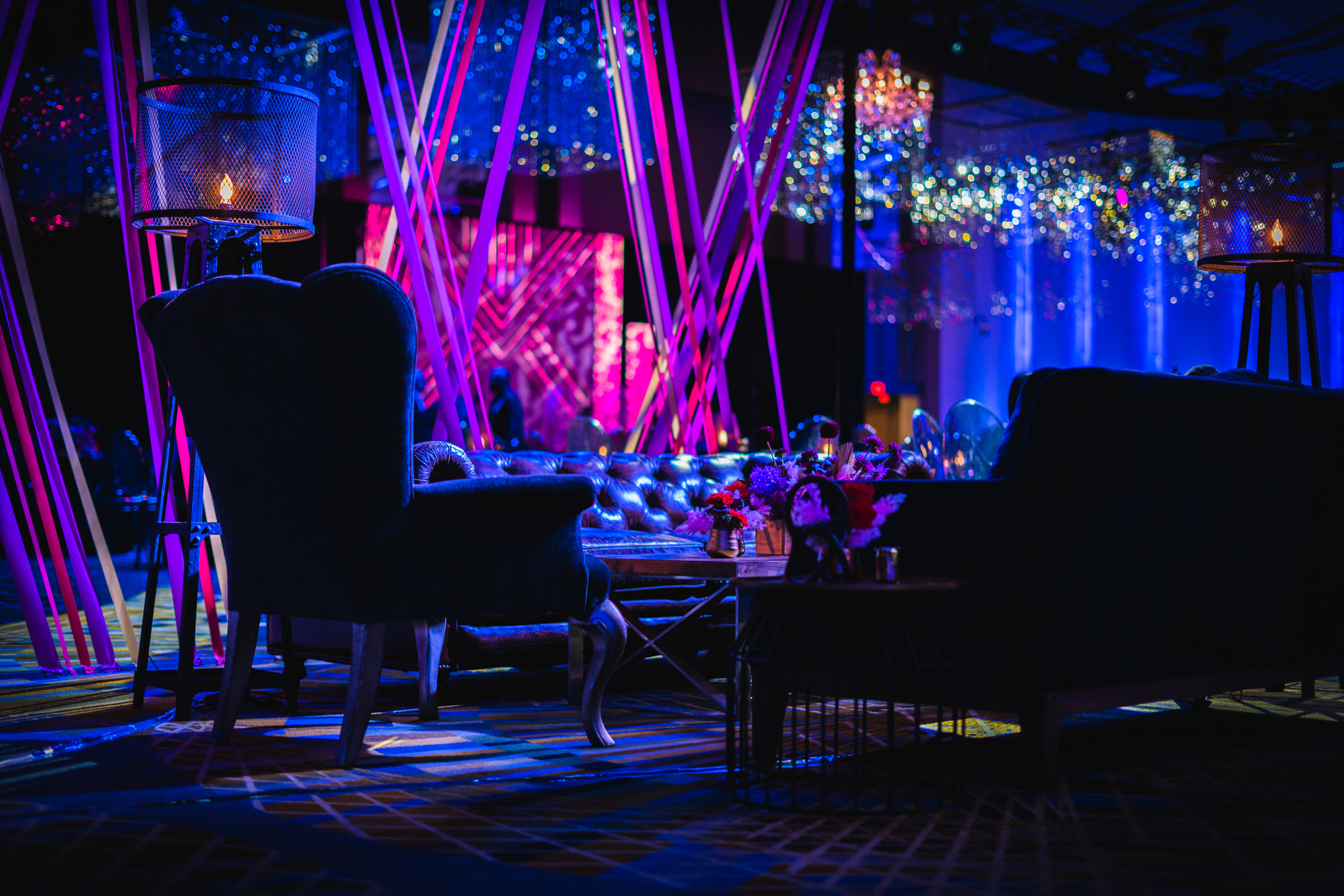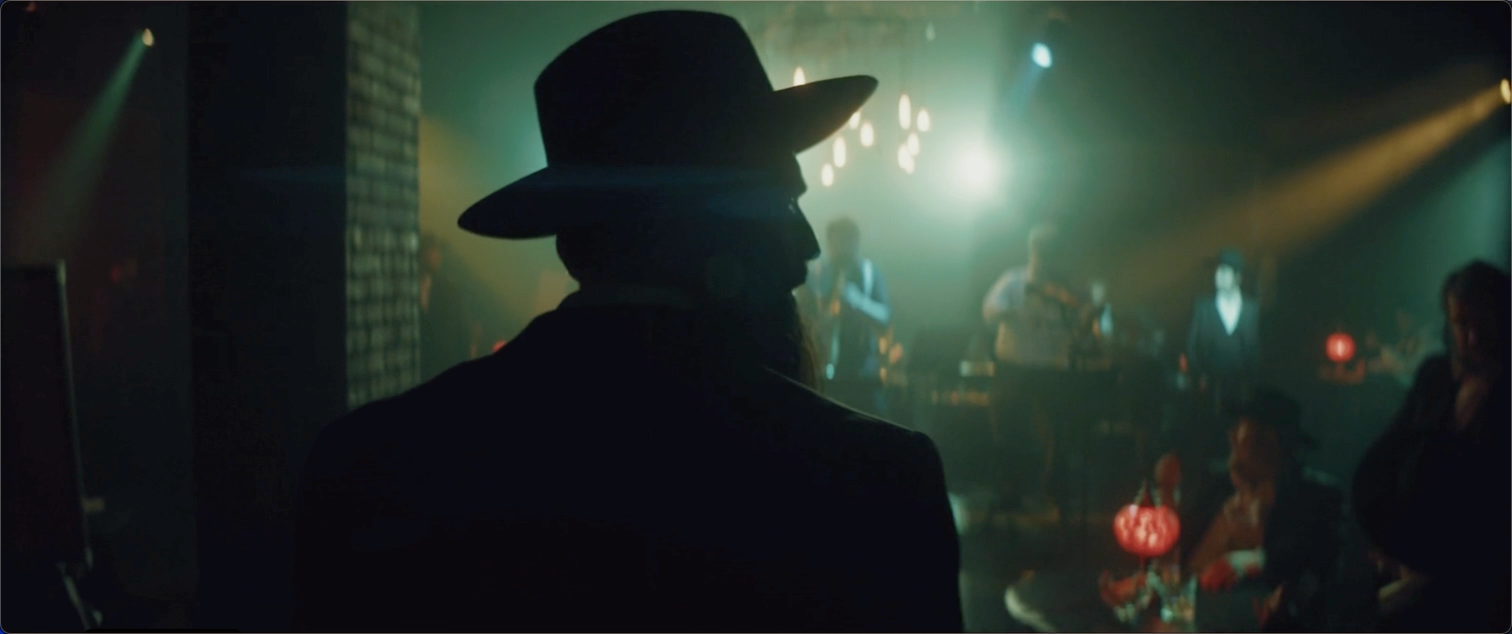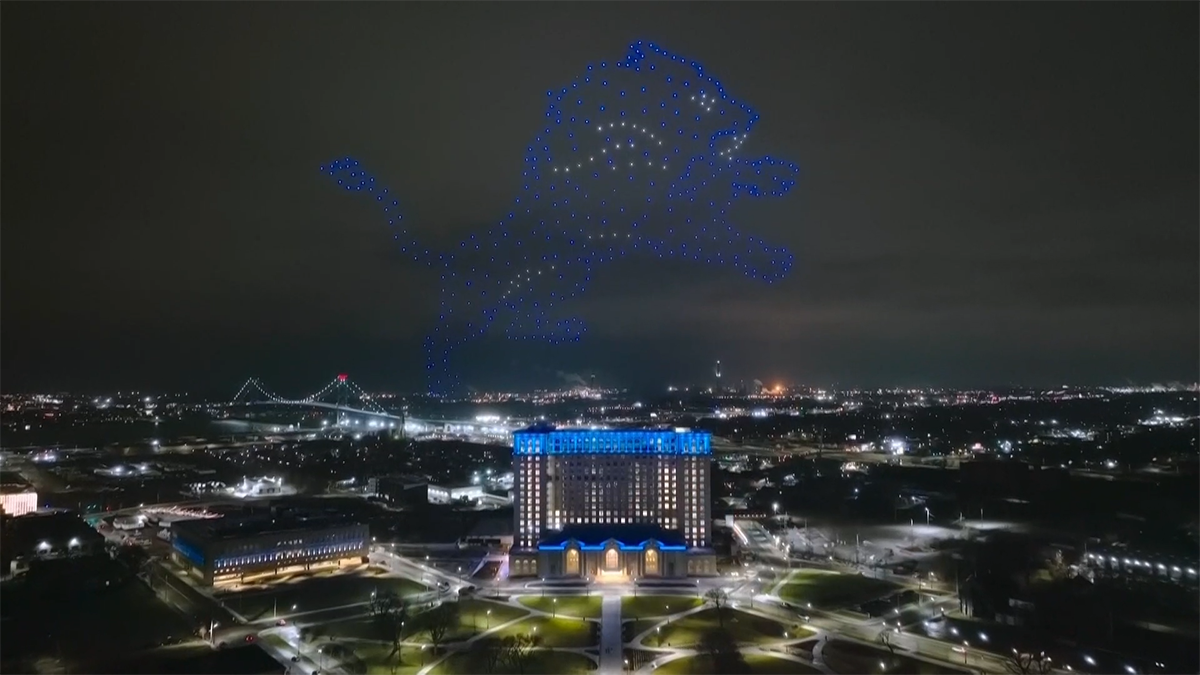Every year, the stars are consulted, the cards laid out, and the devotees of event planning and execution make their predictions about what innovations, fads, and style shifts will dominate the next four seasons. Are their predictions accurate? Mostly — when technology changes in an unexpected fashion, it can catch them off guard, but they’re usually surprisingly accurate. So what are the larger, ‘macro’ trends they say we should watch out for this year?
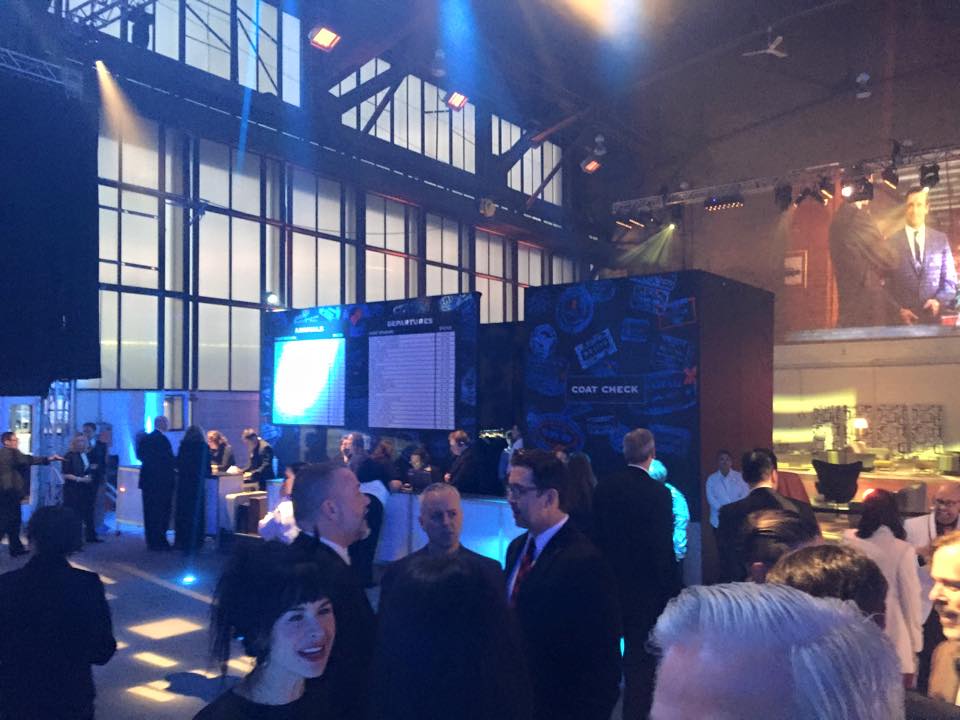
Events As Online Communities — Before & After the Actual Event
Nowadays, an event can starts months before the venue is ever selected — all it takes is one entrepreneurial spirit to start a Facebook page called “Shaya’s Sweet 16th” a dozen weeks early so that the family can collaborate behind Shaya’s back. And there’s no particular reason the community should end just because the event actually occurred.
Moreover, some events are cyclical, and the online community that forms around them simply cycles with them. There are Superbowl parties, for example, that have had the same Twitter account for as long as Twitter has been around. An event planner who is hired to deal with one year’s party can have the potential to make a lasting change to the community, and needs to be aware both of what has come before and what their impact will be in the long run.
The Importance of Great Food
The ‘local organic farm-to-table’ movement started in some high-end urban restaurants a few years ago, and it is, as we speak, exploding onto the event scene. Being able to offer your host(esse)s a supply of food that meets the exacting standards of the health-conscious while also being stunning enough to act as décor is the ‘next big thing’ for event planners.
Alternatively, high-end food trucks are a great way to create a social nexus in a less-formal event. It’s startling to some, but the gourmet food truck — replete with absolutely amazing recipes, gorgeously-decorated vehicles, and prices that can compete with any caterer — is starting to become a badge of honor at some kinds of events.
Alternative Venues For Alternative Budgets
We’ve reached the end of the economic downturn…or so hotel prices would have you believe. The hotel event spaces that were just last year a passable option for a mid-budget event are today back to being exclusively the realm of the corporate, NGO, and pageant. Clever event planners are looking back at the venue options of the late nineties, and booking space in warehouses, hangars, parking garages, and even empty retail storefronts looking for renters.
Upward (and Lateral and Really All Kinds Of) Mobility
Mobile devices are the norm today — it’s weird when someone doesn’t have one. And that has a few profound impacts on event services. Most obviously, if you don’t have a place where people can recharge their phones, you’re slacking. For many events, if you don’t offer wi-fi, you’re doing a disservice to those people limited to iPods and Kindles instead of iPhones and Galaxy Tabs. And of course, even if they don’t see nearly as much use as you’d like, event apps (downloadable by the participants and offering bennies like VIP access, raffles, and other incentives) are the standard these days.
But that’s not trending — that’s just ‘normal.’ If you want to be 2016, you have to be using tools like iBeacons. These Bluetooth-based tools allow you to track an enormous amount of information about an event just based on the devices of the people who are attending. Learn where people went when, where they hung out, what caught their attention and what they glossed over. Moreover, locational iBeacons can send each Bluetooth-enabled user who approaches them coupons, membership offers, or even directions! (iBeacon scavenger hunt anyone?) Being able to creatively implement cutting-edge ideas like these to appeal to both attendee and vendor will be one of the marks that distinguishes an event organizer over the next twelve months.
